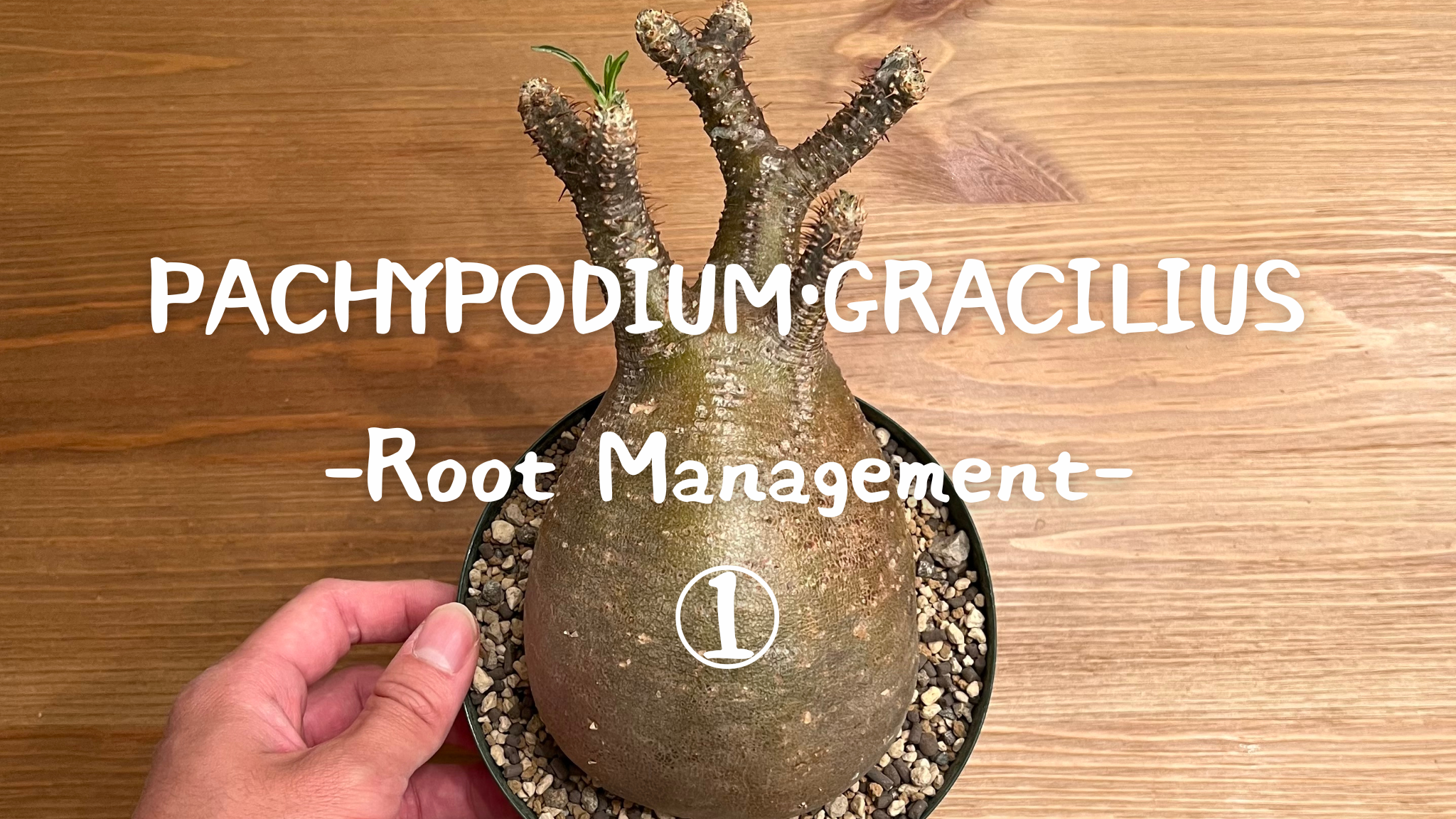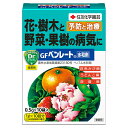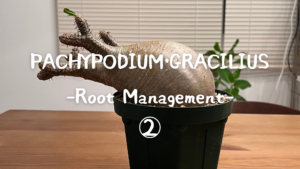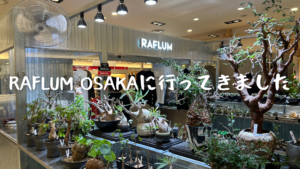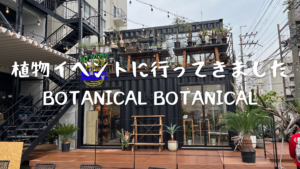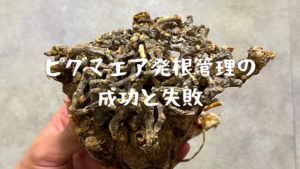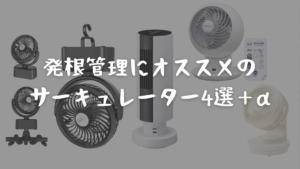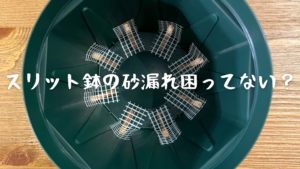Hi! Hello I am Pachypopo.

I like your granny’s pouty look.
Everyone is longing for Pachypodium gracilis. But recently, the rooted gracilis is really expensive! LOL!
So I buy relatively inexpensive unrooted plants, root them and love them.



Unrooted plants are also known as bare root plants (commonly known as “bears” in Japanese).
Even so, isn’t rooting very difficult?
Based on my past experience, I think that if you buy fresh plants from a reliable store, bury them in soil with good drainage, and warm them up, they will root.
But even if I say that, I think the first thing to do is to find a “reliable store”…
Therefore, I would like to explain in detail how to increase the probability of rooting of Pachypodium gracilis (soil cultivation).
Check the condition of the stock
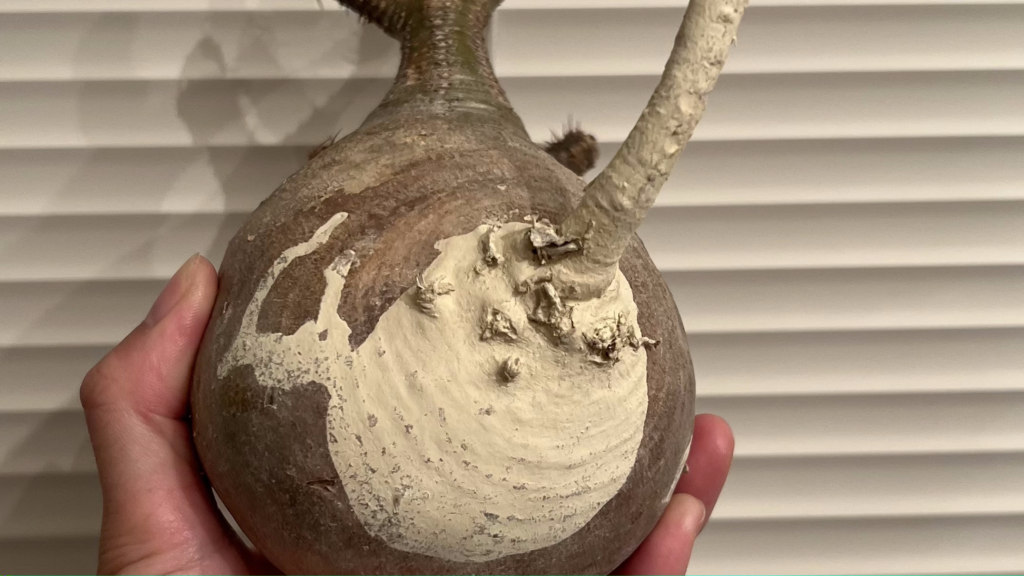




It’s exciting and thrilling when you get a cardboard box of stock you bought online.
First of all, I personally look at these six points to see the condition of the plant. I think they will help you to identify unrooted plants in a store.
Checklist of stocks
- Weight of the plant: obviously light plants should be avoided
- Length of remaining main roots: if the main roots are short, there may be a risk of body cutting if there is resetting or rot
- Surface blemishes: check for large scratches and surface crimp.
- Location of the main root: This is just for appearance. If the main root is directly under the branch, it will pot fly.
- Condition of the branch: Check for broken branches (this may not be related to rooting management).
- Favorite shape: This has nothing to do with rooting management, but find a plant with a shape you like.
However, it is quite difficult to check these six things when buying online…
Pretreatment.
Pre-treatment is a process that will take two days to complete, taking into account the time needed to dry the plants.
If you bought the plants online, you may want to prepare during this time by going shopping for pots to plant them in based on the size of the plants.
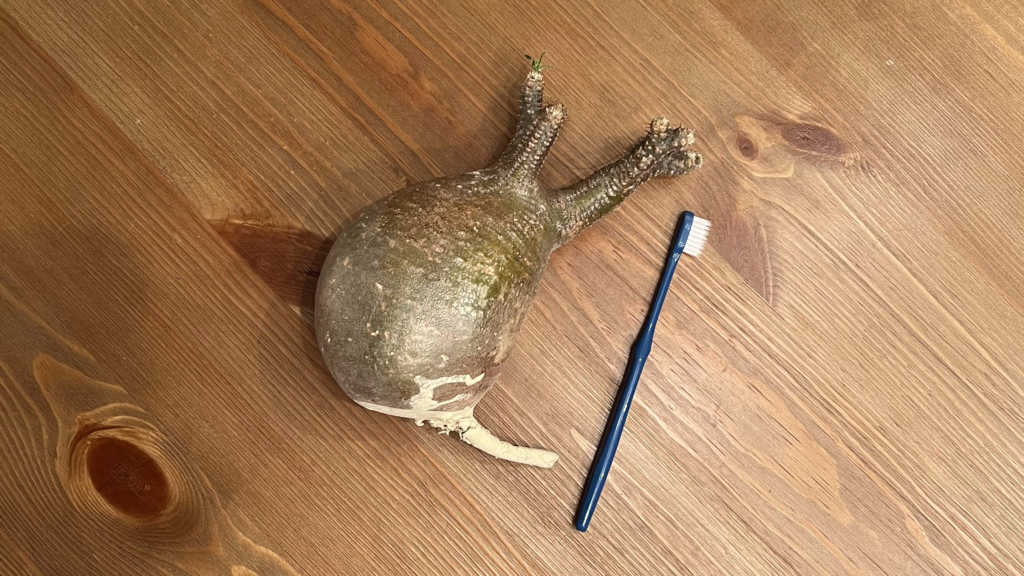

Clean off the sulfur.
Whenever you buy unrooted plants, the main roots are always coated with yellow “sulfur” on site.
First of all, you need to wash off the sulfur with a toothbrush or something.
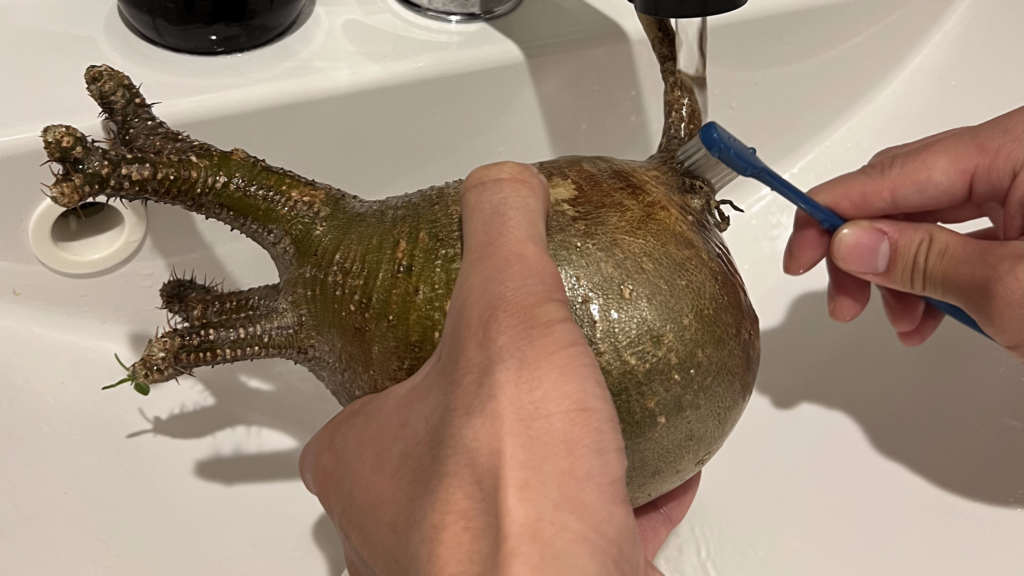

I use a toothbrush to remove quite a bit of detail.
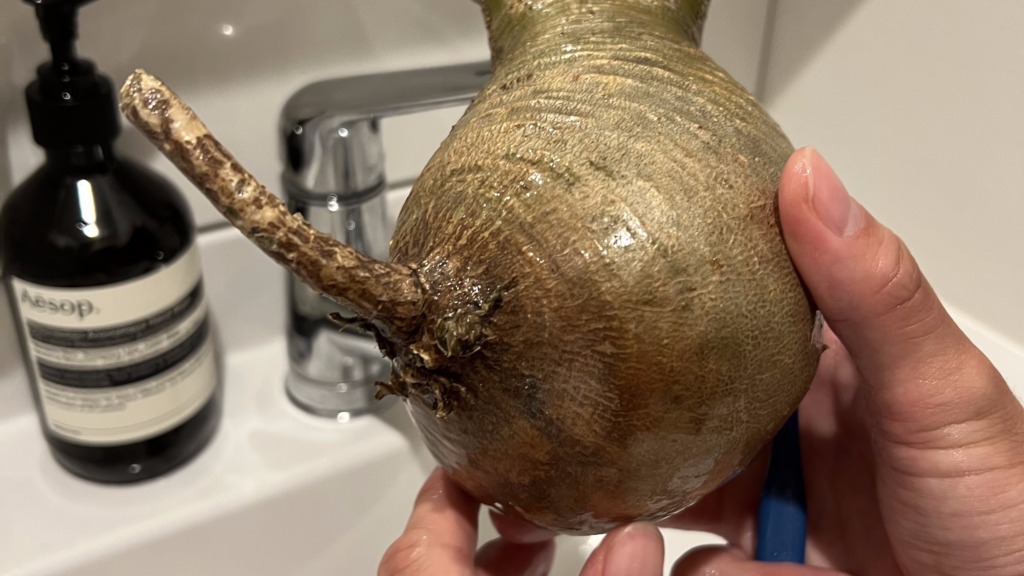

I don’t know why this sulfur is applied, but I have heard that it is for sterilization.
Remove rot
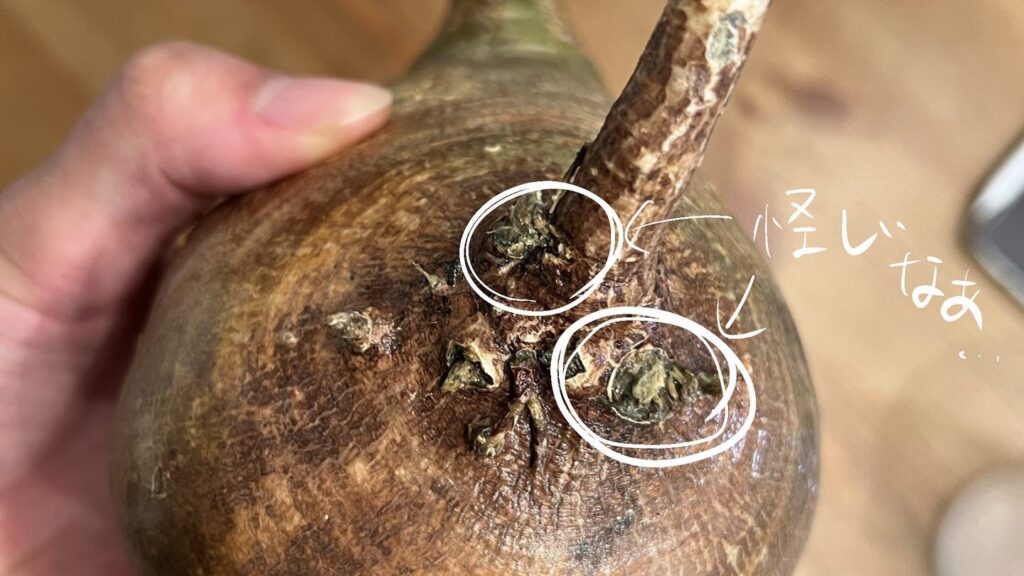

Check for rot around the main root of the gracilis. This is the part that is blackened and soggy.
If you find it, remove it with a sterilized clean cutter.
However, even the clean parts of the gracilis will oxidize and turn black when exposed to air. This is quite difficult to identify.
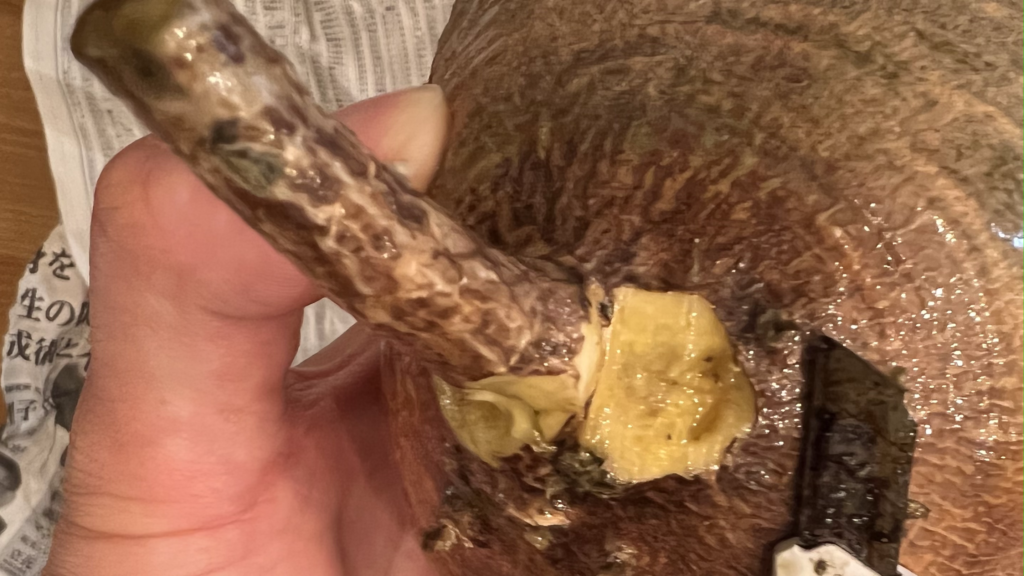

So, here, please be moderate with the spirit of not caring if some black areas remain, fearing overcutting.
Use root-promoting agents (Oxybelon).
Oxybelon is a staple for root management enthusiasts. I get soawed if I don’t use this lol.
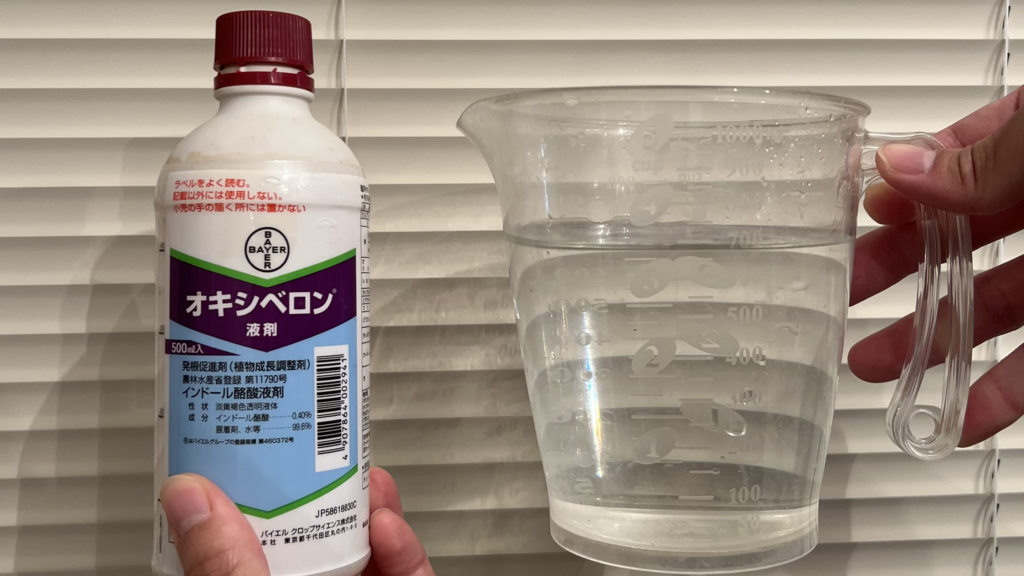

It is no exaggeration to say that every root control enthusiast has a bottle of Oxybelon in the family.
For a hobbyist like myself, the amount of OXYBERON per bottle is so large that I am sure there are people who wonder if they will ever use it all…
OXYBERON is very easy to use. Just dilute it with water and use it.



What’s a “root control enthusiast”…LOL
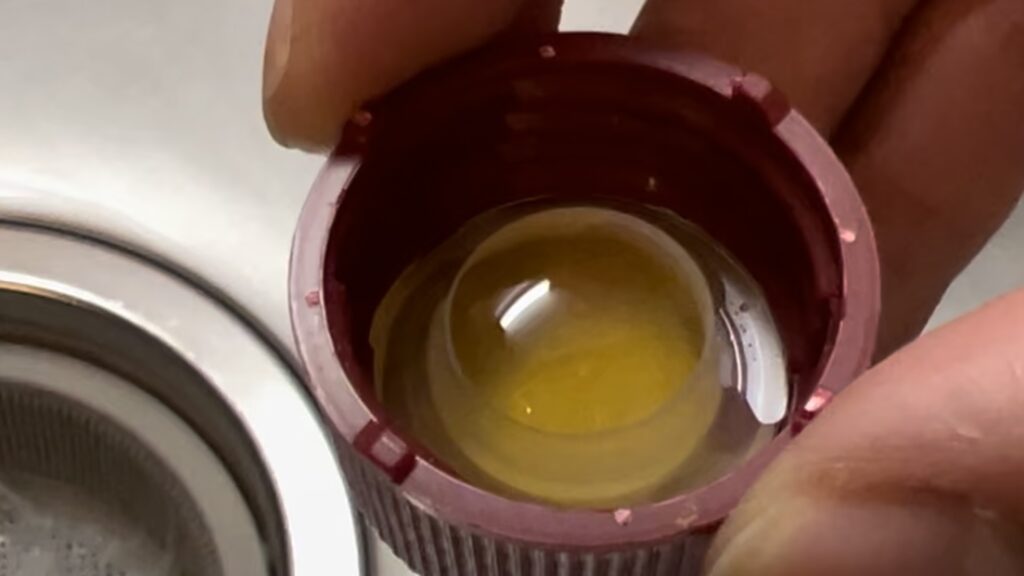

However, I don’t measure the amount because I am a sloppy person.
I always mix 1 cup of this Oxybelon with 1 liter of water, which is the amount of the depression inside the cap.
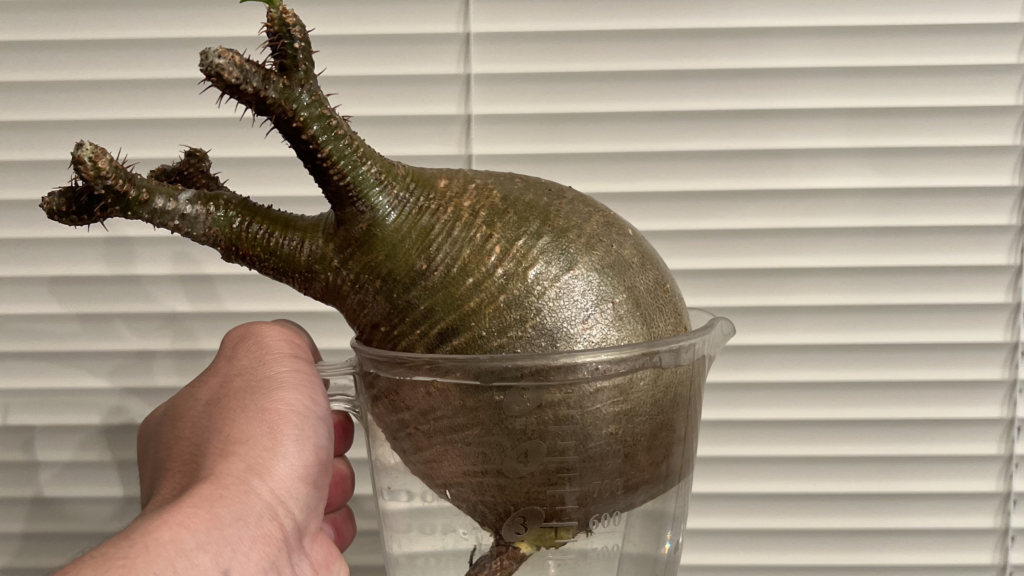

Dobon the previously treated gracilis in a liquid mixture of oxybelon and water.
Leave it indoors for 24 hours. At this time, we do not pay much attention to temperature or lighting except in extreme cases.
24-hour drying
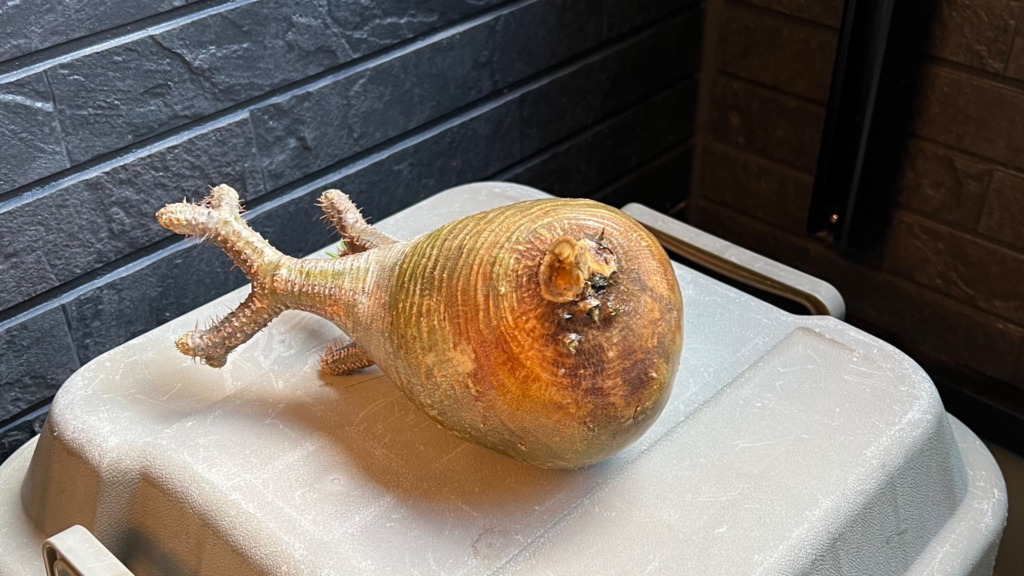

Soak the cut ends in Oxybelon for a day, and then let the cut ends dry naturally for another day.
At this time, you can also use a circulator to shorten the drying time.
Drug (Benlate and Luton) is applied
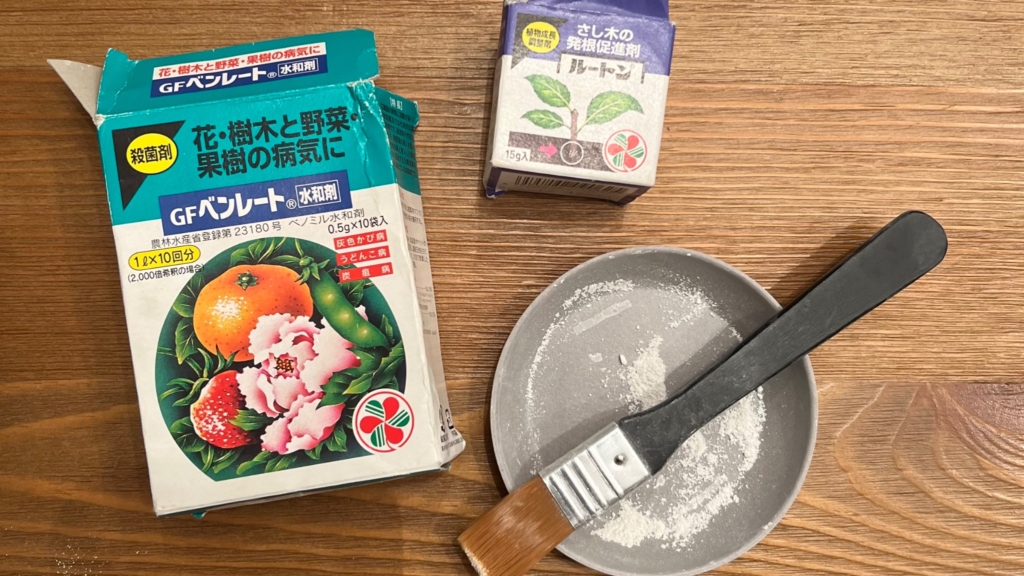

This is also a standard chemical.
We use a root promoter called “Luton” and a fungicide called “Benlate” in powder form. These two are mixed 1:1 and applied to the dry main roots of the gracilis.
Benlate is used to prevent fungus and rot. Some people use a fungicide called “Daconil” in addition to Benlate.
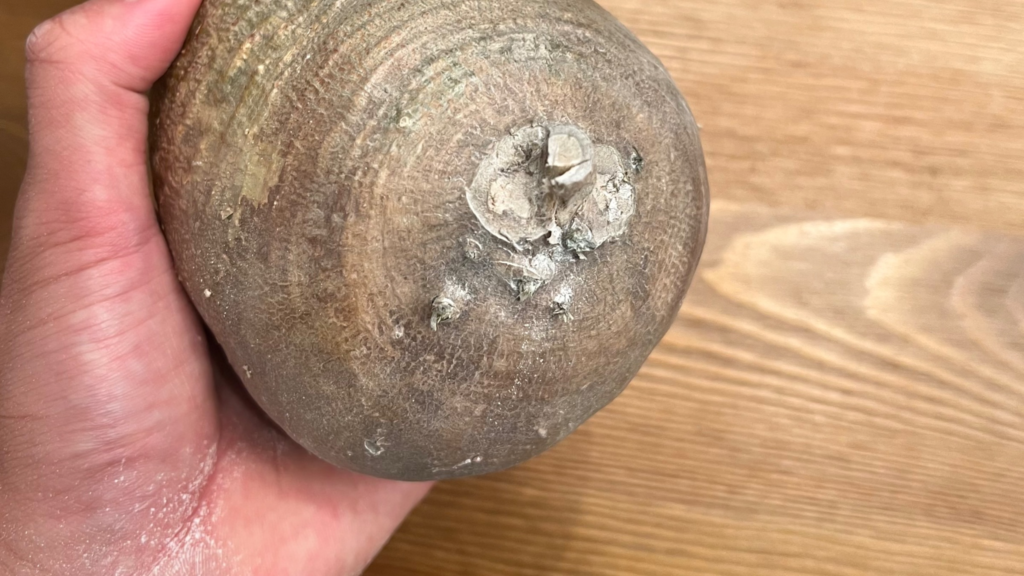

A brush makes it easy to apply the paint. You can also use a brush to adjust the amount of paint you have applied, so it is a good idea to have one handy.
It is OK to apply just a little bit of makeup, but not too much.
Summary so far
In this issue, “How to manage rooting of Pachypodium gracilis (1),” we explained how to check the condition of the plant and how to prepare it for rooting.
The important points are summarized below, but the temperature at which the plants root from the soil used for rooting management, which will be explained next time, is even more important.
Please refer to other related articles and enjoy rooting management suited to your environment.
Important Points
- Check the condition of the stock with a 6-point checklist
- Clean out sulfur
- Remove rot
- Soak for 24 hours in diluted Oxybelon with a little bit of Oxybelon in a liter of water
- Let the cuttings dry naturally for another 24 hours
- Apply a thin coat of powder mixed with benlate and luton

